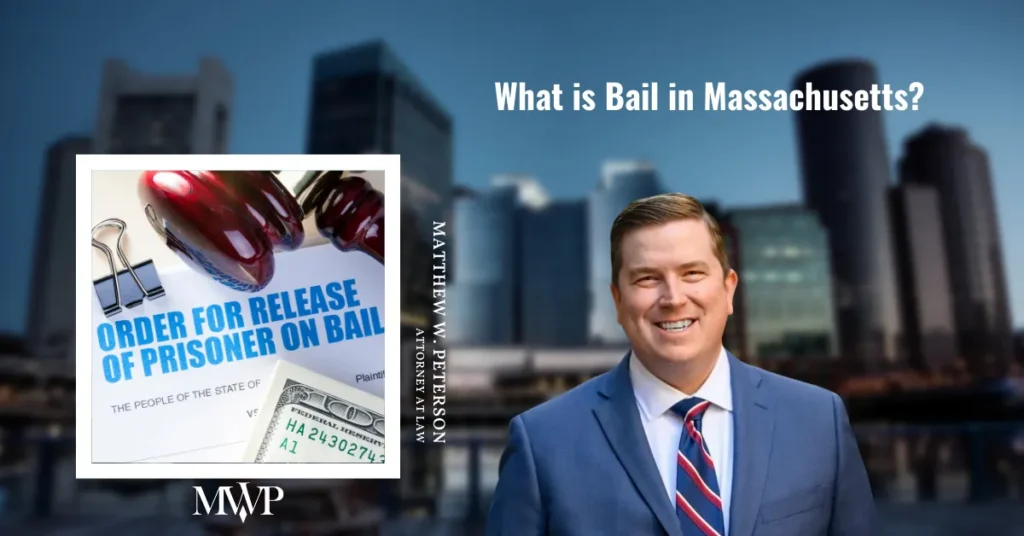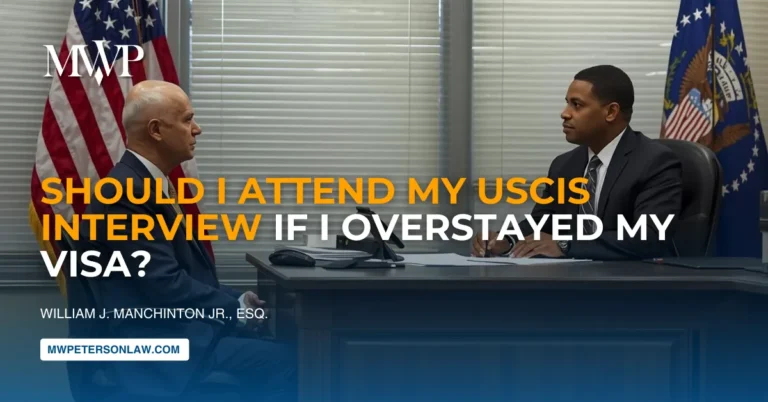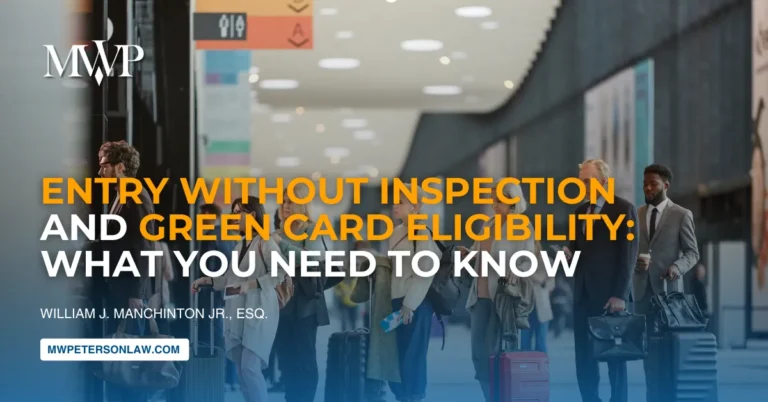Understanding Bail in Massachusetts
In Massachusetts, bail is a cash amount that must be posted to secure someone’s release from jail while criminal charges are pending. A bail magistrate sets the required cash amount, and once the money is paid, it is handed over to the clerk or jail. If you’re being charged with a crime, you will generally be taken before either a judge or bail commissioner to set bail.
What are the Different Types of Bail in Massachusetts?
Personal Recognizance
This means that you will be released on your promise to return to court so, you won’t have to post money. If you are released by the bail commissioner at the police station, you will have to pay $40 to the commissioner to be released.
Cash Bail
You must post the exact cash amount in the clerk’s office to be released. The judge may set conditions for your release at the arraignment in court. One condition that is required in every case is that you not commit any criminal offense while you are out on bail. If you do commit a crime, your bail could be revoked.
Other conditions could be not contacting the alleged victim, not abusing the alleged victim, random drug tests, or really any other condition the judge thinks is appropriate. If you are charged with certain serious crimes, you could also be held on dangerousness and have no right to bail.
How is My Bail in Massachusetts Decided?
A bail magistrate determines a defendant’s bail on a case-by-case basis. There are many factors that they consider when determining what your bail should be set at. These include, but are not limited to:
- The type of crime you have been charged with
- The potential penalty for the alleged offense
- If they think you are a flight risk (and therefore will not show up to your court date)
- Whether or not they think you will be a danger to the community if you are released
What Happens to the Money I Pay if I Post Bail?
You will only be released from jail if you or someone you know can post the full cash amount that was set. If you or someone you know pays the full cash amount, the magistrate will turn over the money to the court until the case is over. Once your case has concluded, and if you showed to all of your court hearings, the cash will be returned to whoever posted the bail.
The cash bail in Massachusetts is the court’s way of making sure you show up to your court date after you’ve been released. If you do not show up to a court date, the judge may decide that you will lose your right to get your money back at the end of your case.
What Can I Do in Massachusetts if I Can't Post Bail?
If you are unable to pay the cash bail or you feel that the conditions set for you are unreasonable, you can appeal in a process known as bail review. In Massachusetts, a bail review is when the superior court reviews your bail conditions and the amount of cash bail that has been set.
An important thing to note is that there are no bail bondsmen in Massachusetts courts. So, if your goal is to be released before your next court date and you are unable to pay the set amount, the only alternative would be to try to get the cash amount lowered. If you cannot pay cash, another option is to file a motion to review the conditions of your release in district court.
Your Criminal Defense Attorney in Boston
The best way to secure your release from jail is to hire a criminal defense lawyer in Boston to represent you. We can advocate for your release based on your income, criminal history, and the nature of the charges. We have years of experience in Massachusetts criminal courts and will do everything we can to fight for you. The criminal justice system can be stressful and intimidating, but I am here to help.
If you’re looking for a criminal defense attorney in Boston Massachusetts who will fight for your release, call the Law Office of Matthew Peterson today at (617) 295-7500. Our main office is located in Boston, but I practice criminal law in courts in Massachusetts.











